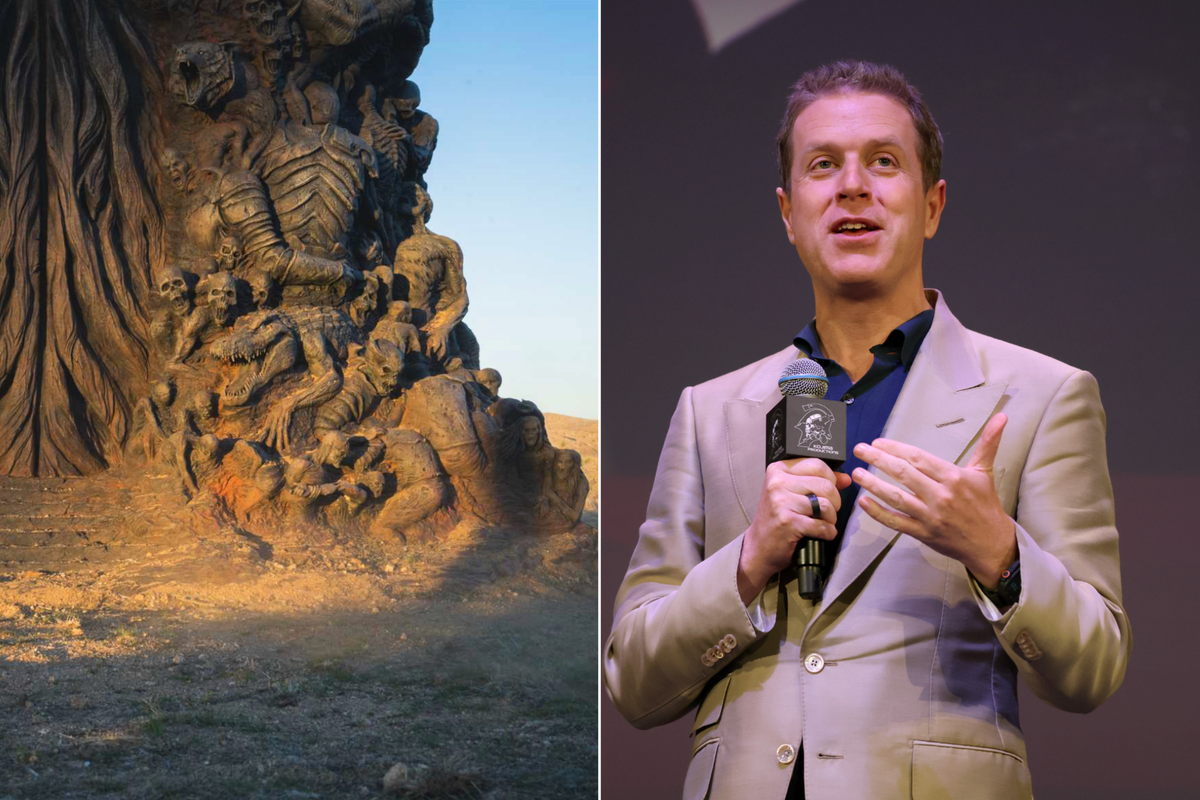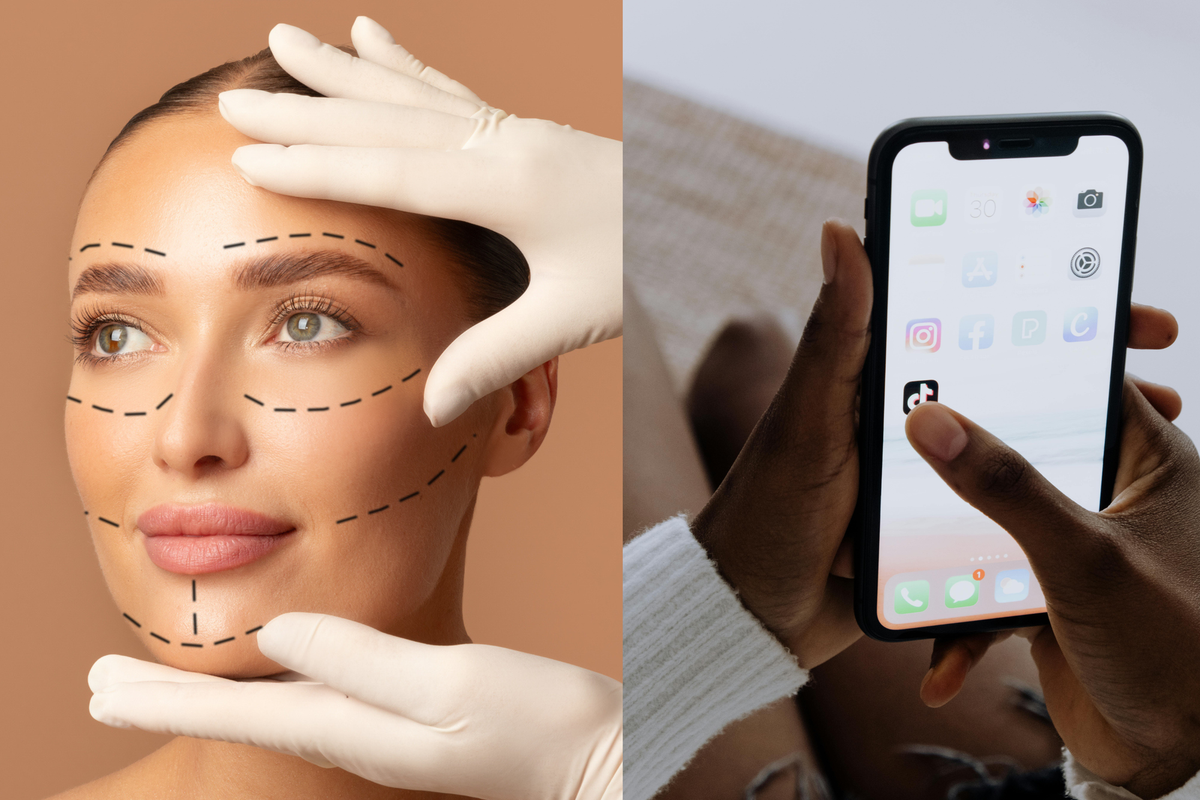News
Louis Staples
May 14, 2020
The government’s daily briefings have become as normal as Zoom quizzes and only leaving the house for an hour a day.
Today it was the turn of transport minister Grant Schapps, who was taking questions from the public and journalists, while updating people on where the UK is at in its coronavirus epidemic.
During the briefing, he said:
Last Saturday, I explained why it’s our civic duty to avoid public transport if at all possible.
Schapps said that there may only be social distancing space available for one in ten passengers, even when all services are running.
But there’s one big problem with this: the government has been urging people back to work, and millions of people have no other option but public transport.
Nationwide around 17 per cent of people use rail and bus to get to work, with many of these people having no car or working too far away to walk to their workplace. In London, closer to 50 per cent commute via bus or rail, which partly explains all the images of packed buses and trains from the last few days.
During his address on Sunday, Boris Johnson essentially gave the green light for employers to call people back into work. In fact, the Tories have spent the last few days urging people, many of whom are in low paid professions, back into work.
On social media, people were not happy with Schapps’ apparent contradiction.
The confusion and anger at Boris Johnson's new "stay alert" message and the seemingly contradictory guidelines continues to mount. The government has been accused of putting people in danger on public transport, while other countries seem to being a good job at social distancing on trains and buses.
But of course, that's not their responsibility, apparently.
It's your civic duty.
Top 100
The Conversation (0)














